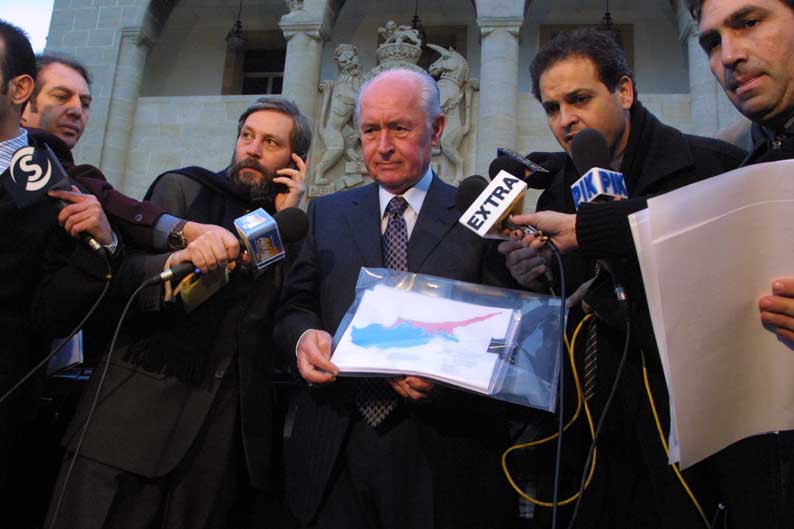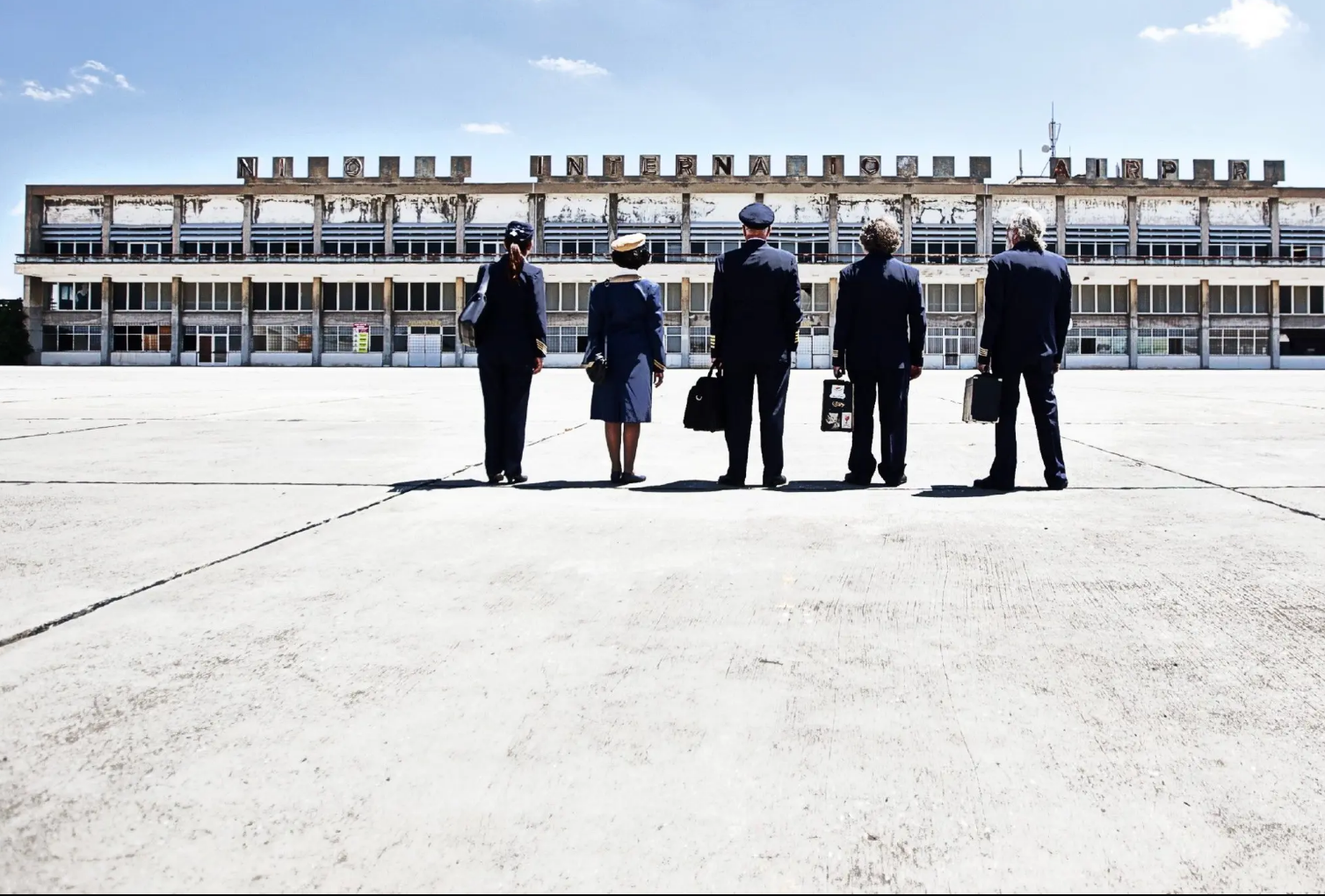Akel, which has raised the alarm on several occasions recently about the property purchases by third country nationals, has submitted two bills to the legislature aimed at restricting these transactions. Party chief Stefanos Stefanou held a news conference on Tuesday to explain that the bills had two objectives – to set transparent criteria for property acquisition by non-EU nationals and to impose restrictions on the area of land sold to third country nationals.
The party’s concerns are justifiable considering almost 50 per cent of land sales involved third country nationals, who have been buying large tracts of Cyprus land. According to Stefanou, extensive coastal areas in Limassol and Larnaca have been bought by non-EU nationals, although he did not specify if these purchases were just speculative. It would appear not because Stefanou feared that these purchases could potentially change the character of local communities.
The first bill, Stefanou said, would impose limits on the type and size of property that could be acquired. It even specified the area of residence (200 square metres) and of an office; there are also provisions that the UBO of a foreign company is disclosed before any transaction takes place. There are also restrictions on sales of land close to important infrastructure such as ports and airports as well as the buffer zone.
Focusing on the provisions of the bills now is not necessary. The important thing is that Akel has put the issue in the public domain as the government seems oblivious to the dangers posed by this – if left to get out of control – to national sovereignty. Nothing has been done by the government about the matter, which is why Akel’s initiative is a welcome wake-up call. Other deputies have submitted proposals about the sale of properties to third country nationals so there will be a debate at the House meeting scheduled for early in the new year.
This not a problem specific to Cyprus. Other EU countries, much bigger than Cyprus, already have such property ownership restrictions in place because they also see the dangers this trend poses to national sovereignty and the character of local communities. Cyprus has even more compelling reasons for introducing restrictions – it is a small country, with relatively small population and 40 per cent of its territory occupied by Turkey. It really cannot afford to sell the big tracts of land in the unoccupied area to foreign nationals and speculators.
It is imperative that the parties, the media, interest groups and the government start discussing this matter now that Akel has decided to do something.







Click here to change your cookie preferences